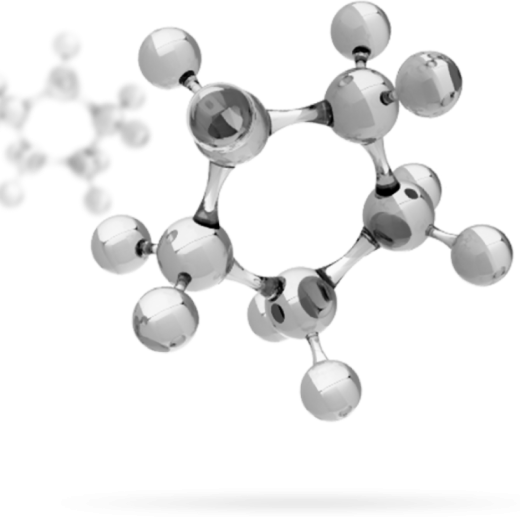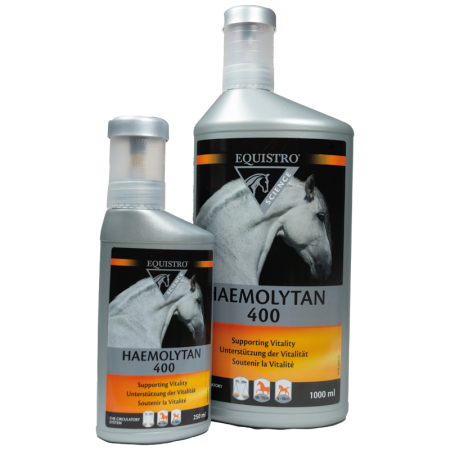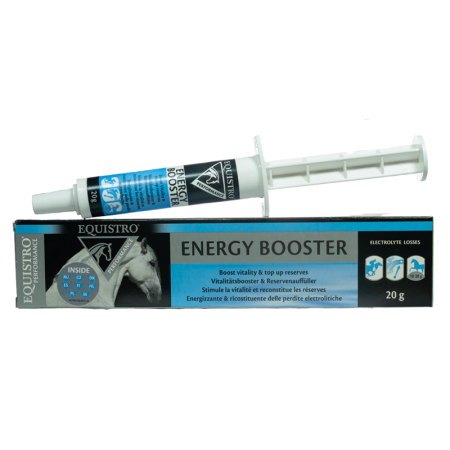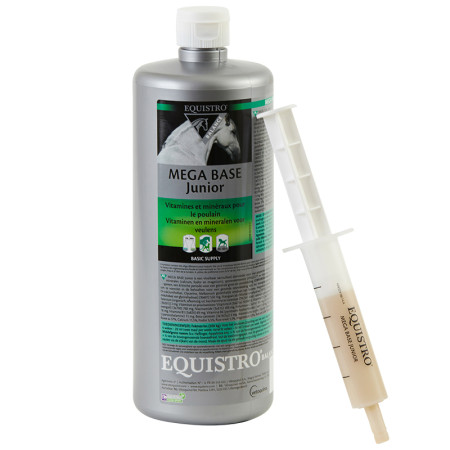
Vitamin B1 (thiamine)
Sources
Healthy adult horses are able to synthesize b-complex vitamins in sufficient quantities via the bacteria in the large intestine (colon) if they are given enough forage. Particularly rich in thiamine are legumes cereal grains, cereal grain by-products, and brewer’s yeast.
Daily Requirements
The horse's vitamin B1 requirement can generally be met with 3-4 mg/kg dry matter, whereby it increases with increasing carbohydrate metabolism.
For high performance horses, daily intakes of 5mg/kg dry matter are recommended, especially if low synthesis of the intestinal flora is to be feared with rations rich in concentrated feed and low in crude fiber.
Deficiency
Moldy hay, rations low in crude fiber, sudden feed changes or oral application of medications with a bacteriostatic effect can in principle result in a deficiency of B-complex vitamins, as the horse is virtually unable to store them.
If low synthesis of the intestinal flora is to be feared with rations rich in concentrated feed and low in crude fiber (e.g., in high-performance horses), a supplementation of b-complex vitamins should be considered.
Excess
Due to the fact that healthy adult horses are able to synthesize the required amounts of several b-complex vitamins, an excecss is very unlikely and only may occur with a very low likelyhood after heavy abuse of b-complex vitamin enriched supplements.
Important to know
Horses suffering from intestinal inflammation, malabsorption, diarrhea or overall loss of appetite can have a benefit when being supplemented with b-complex vitamins due to the lack of microbioal activity. Weak foals can be suported with b-complex vitamins to stimulate their appetite and provide them with essential vitamins as well.
Thiaminases, which are found in swamp horsetail and bracken fern, inactivate vitamin B1 so that intermediate products of carbohydrate metabolism can no longer be broken down and are released into the blood.
Symptoms of a vitamin B1 deficiency include poor feed intake, increased excitability (jumpiness), uncoordinated movements and lameness.




